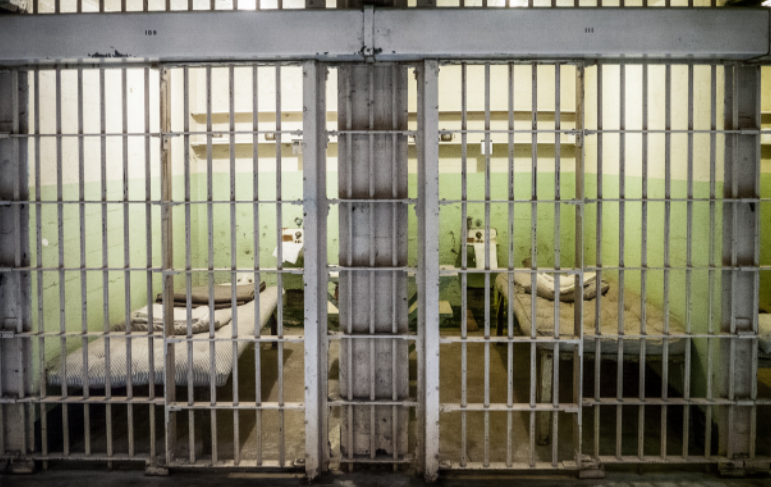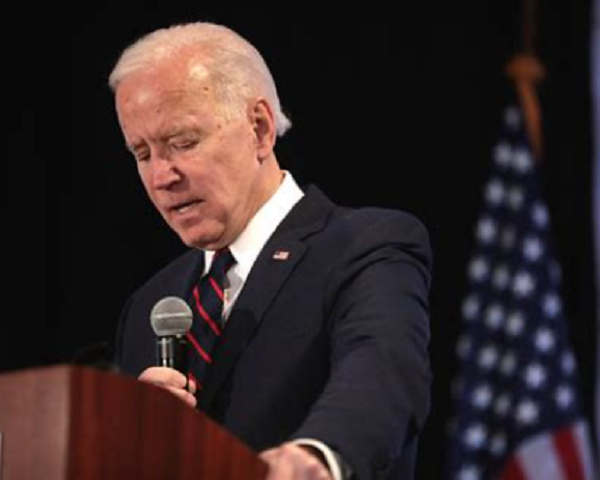Canada’s left-wing government is taking steps to introduce strict new powers that would allow authorities to detain individuals who have the potential to commit a crime. Under the leadership of Prime Minister Justin Trudeau, who is influenced by the World Economic Forum, the government is advocating for this “pre-crime” authority in order to address what they perceive as “hate crimes.” These powers are embedded within Trudeau’s proposed “Online Harms Bill,” which is expected to be enacted into law soon.
The primary objective of the bill is to suppress any opposition to the progressive agenda of Trudeau’s ruling Liberal Party. One provision of the bill grants judges the ability to imprison individuals if there is a belief that they may commit a crime in the future. In an effort to prevent “hate crimes,” judges will have the authority to impose house arrest and require individuals to wear electronic monitoring devices. While the bill does address issues such as child pornography, a significant portion of its focus is on combating what is deemed as “hate speech.” Canadian Justice Minister Arif Virani has emphasized the potential significance of this legislation in preventing criticism of minority groups.
”[If] there’s a genuine fear of an escalation, then an individual or group could come forward and seek a peace bond against them and to prevent them from doing certain things,” Virani explained.
“That would help to de-radicalize people who are learning things online and acting out in the real world violently – sometimes fatally.
“What’s really critical is that it gives the judge a wonderful range of sentences,” he continued.
“This is not a mandatory minimum of a life sentence, this is just a larger range, including what would be the maximum sentence.”
CANADA: Should judges be allowed to sentence people they think might commit a hate crime in the future? Canada is considering house arrest for people at risk of committing hate crimes. pic.twitter.com/BYFKosNEGp
— @amuse (@amuse) March 9, 2024
Bill C-63, which was initially revealed last month, includes provisions that could result in life imprisonment for individuals convicted of these offenses.
Additionally, the proposed legislation entails the establishment of a Digital Safety Commission. This commission will be responsible for enforcing regulations and ensuring that online platforms comply with all the prescribed rules.
Furthermore, the commission will play a crucial role in appointing a Digital Safety Ombudsperson, thereby solidifying the framework for digital safety.
The new role will be responsible for “championing user interests, offering support, and issuing recommendations to both social media platforms and governmental bodies.”







